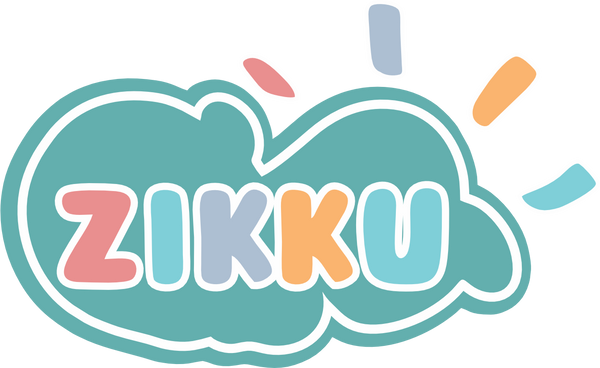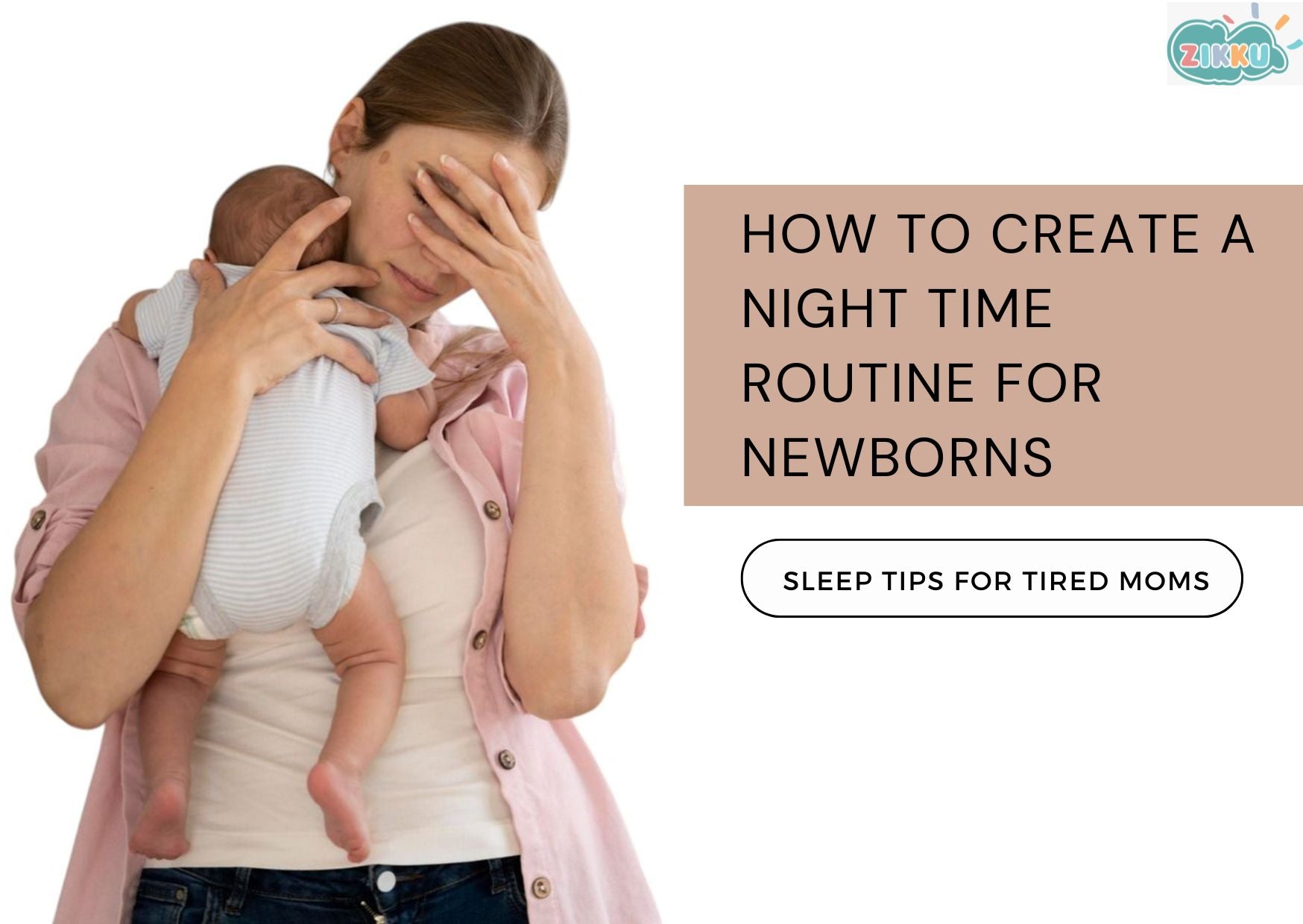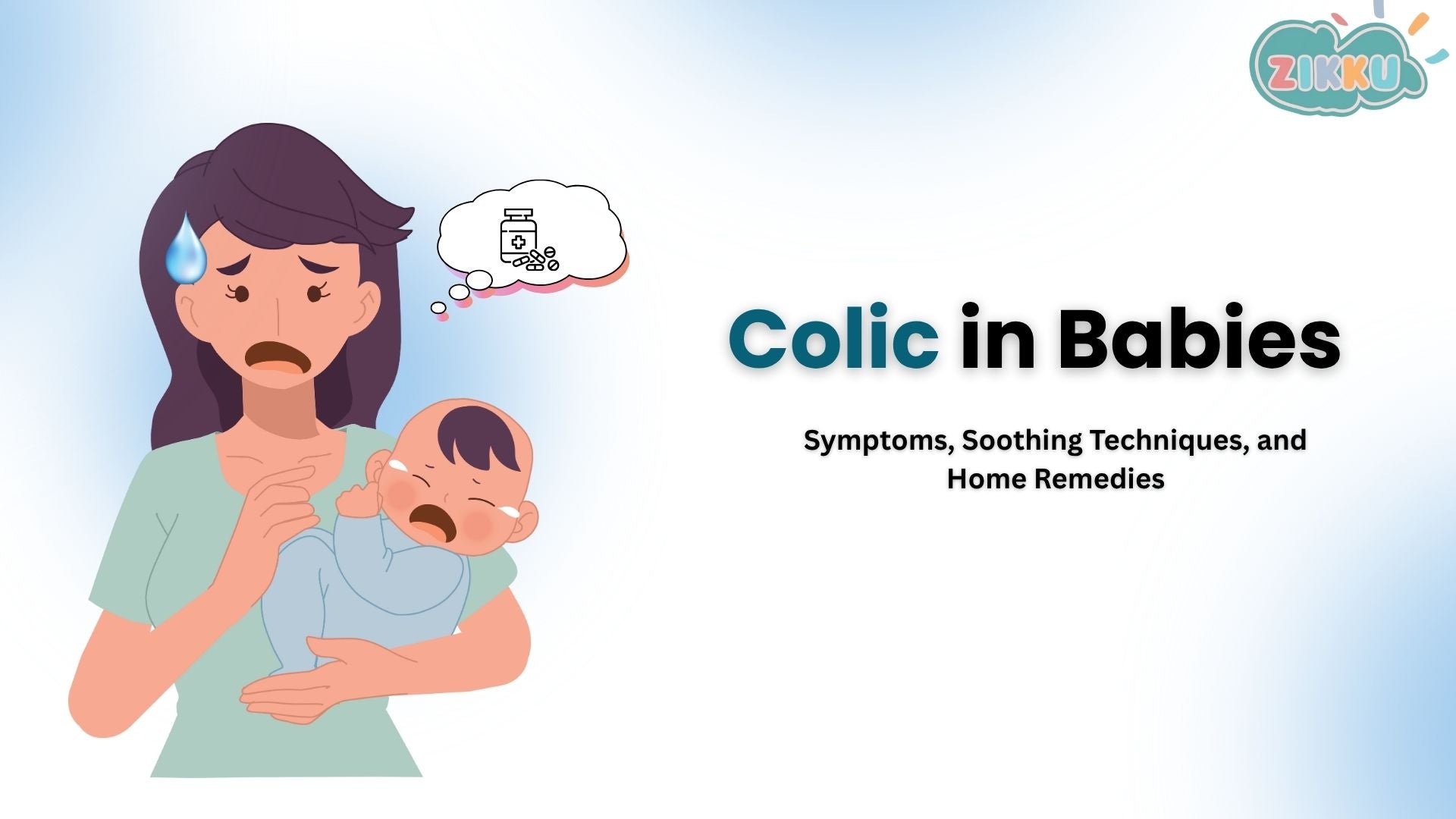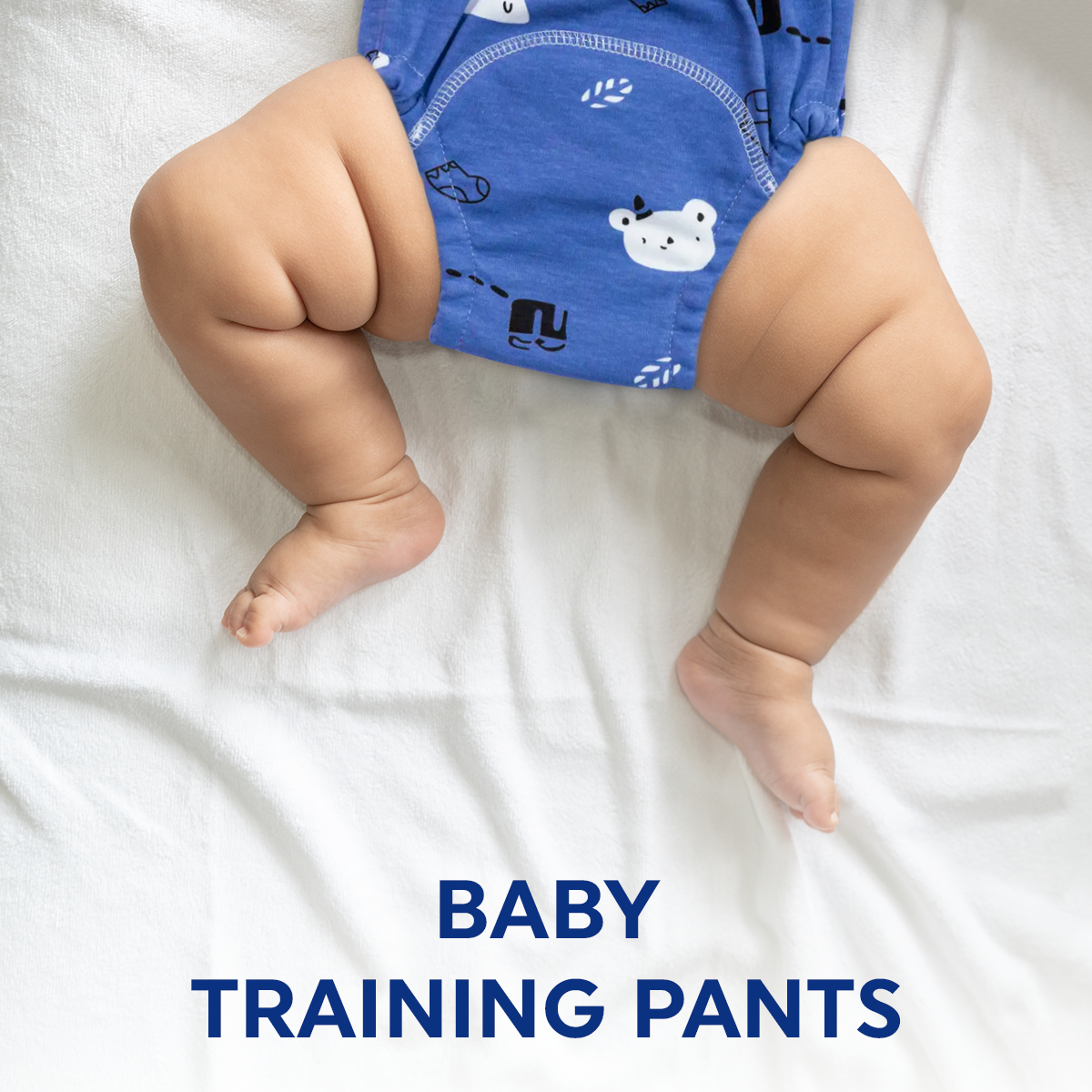Early Signs of Autism in Babies vs Normal Development: What Every Parent Should Know
- by ["Divyanshi Paliwal"]
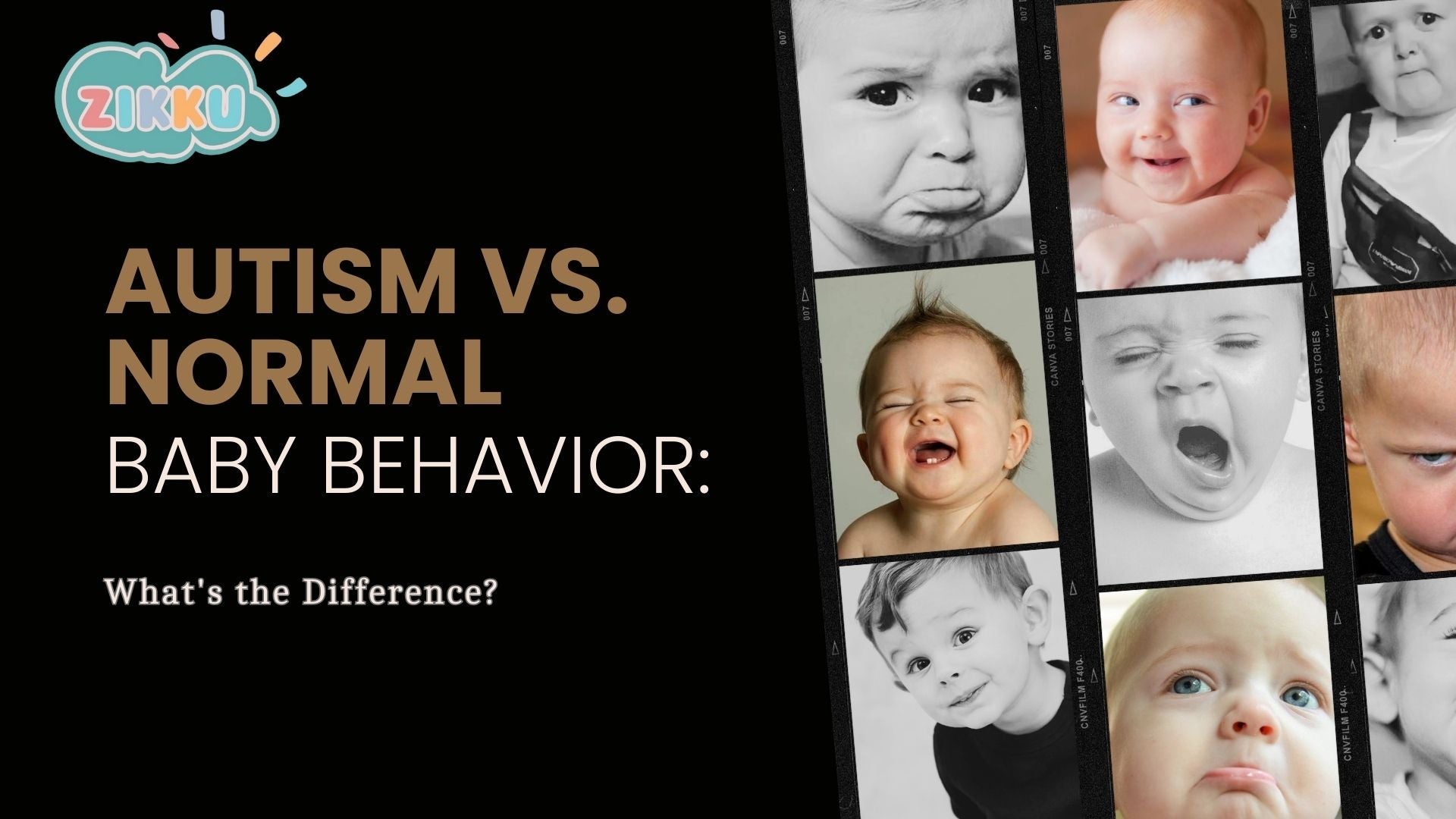
As a parent, watching your baby reach each milestone brings immense joy. Yet it's natural to wonder, "Is my baby developing normally?" Understanding the early signs of autism in babies compared to typical development can bring clarity and peace of mind.
Every baby is unique and develops at their own pace. This guide helps you recognize what's typical versus potential signs that may warrant professional evaluation.
What Does Normal Baby Development Look Like?
Most babies follow predictable patterns, though timing varies. Here's what healthy development typically includes:
- Social Connection Milestones: Your baby naturally gravitates toward human faces, especially yours. They smile back when you smile and light up during peek-a-boo games. By 2-6 months, babies make consistent eye contact and enjoy social interaction.
- Communication Development: By 6 months, babies babble with varied sounds and tones. They turn their heads when called by name and use gestures like pointing or waving. These communication skills form the foundation for later language development.
- Play and Social Interest: Healthy babies show interest in people and simple games. They might offer their favorite toy or clap hands with excitement. Social engagement comes naturally to typically developing infants.
Early Signs of Autism in Babies: What to Watch For
Subtle differences related to autism may be present before a child's first birthday and typically show up before 24 months. Here are key signs parents should monitor:
-
Social Communication Differences
- Limited Eye Contact: Researchers have found that babies who develop autism spectrum disorder (ASD) begin making less eye contact at around 2 months of age. Unlike typical babies who seek eye contact for connection, babies with autism may avoid or inconsistently make eye contact.
- Reduced Social Engagement: They might not consistently use eye contact to get your attention. For example, they might not look at you and then at a snack to show they want it. These babies often seem less interested in people or prefer playing alone.
-
Communication Pattern Differences
- Delayed or Atypical Babbling: Babies with autism sometimes fail to communicate through sounds or gestures and may not respond to social stimulation. When they do vocalize, the sounds might not vary in pitch, tone, or volume like typical baby talk.
- Lack of Gesturing: Autistic children generally point and gesture much less than children with non-autistic development. By 9-10 months, most babies wave, point, and reach to communicate their needs.
- Not Responding to Name: By 6 months, most infants show an awareness of their own names, especially when it's spoken by their mother. Babies at risk for autism may not turn when their name is called.
-
Behavioral and Sensory Differences
- Repetitive Behaviors: Watch for unusual or repetitive body movements like hand flapping, rocking, or intense focus on spinning objects. These behaviors might seem different from typical baby movements.
- Sensory Sensitivities: Babies may show unexpected reactions to sounds, textures, or tastes. They might become upset with certain foods or fabrics that don't bother other babies.
- Limited Facial Expressions: Demonstrating limited facial expressions and/or emotional reactivity (such as not smiling on their own) can be an early indicator worth noting.
Age-Specific Early Signs of Autism in Babies
-
2-6 Months Signs
- Limited eye contact during feeding or interaction
- Reduced smiling or emotional responsiveness
- Less interest in faces compared to objects
- Difficulty being comforted when upset
-
6-12 Months Signs
- Not babbling or making varied sounds
- Lack of back-and-forth "conversation" during babbling
- Not responding to their name consistently
- Limited or no gesturing (pointing, waving)
- Reduced interest in social games like peek-a-boo
-
12-18 Months Signs
- No meaningful words by 12 months
- Difficulty following simple instructions
- Limited interest in other children
- Unusual play patterns or intense focus on specific objects
Trust Your Parental Instincts
You know your baby better than anyone. As a parent or caregiver of an infant, you have an up-close view of your baby's development. Your observations matter tremendously.
- Document What You Notice: Keep track of specific behaviors or missed milestones. This information helps pediatricians assess your concerns accurately.
- Share Observations with Healthcare Providers: The American Academy of Pediatrics recommends that all infants have developmental screenings at their 9-, 18-, and 30-month doctor visits, plus autism-specific screenings at 18- and 24-month visits.
Why Early Recognition Matters
Early intervention is meant to help autistic children develop to their full potential. The brain can respond to treatments more effectively at younger ages, which can make interventions more effective.
-
Benefits of Early Support:
- Improved communication skills
- Better social development
- Enhanced learning opportunities
- Stronger family coping strategies
Remember, many children who show early signs develop typically with support. Others who receive an autism diagnosis can thrive with appropriate interventions.
Supporting Your Baby's Development (Regardless of Diagnosis)
Whether your baby develops typically or needs extra support, nurturing environments benefit all children:
-
Create Rich Interactions:
- Talk to your baby frequently throughout the day
- Read together daily, even with very young infants
- Engage in face-to-face play and interaction
- Celebrate every small achievement
-
Maintain Responsive Caregiving:
- Follow your baby's cues and interests
- Provide consistent, loving responses
- Create predictable daily routines
- Offer varied sensory experiences
When to Seek Professional Guidance
Contact your pediatrician if you notice:
- Multiple signs from the lists above
- Regression in previously learned skills
- Significant delays in communication milestones
- Your gut feeling that something seems different
Professional evaluation is crucial for accurate assessment. Healthcare providers can distinguish between typical variations in development and signs requiring further evaluation.
Moving Forward with Confidence
Remember that noticing potential signs doesn't mean your baby definitely has autism. Many factors influence early development, and professional evaluation provides clarity.
-
Key Takeaways:
- Early signs of autism in babies often involve social communication differences.
- Trust your observations while avoiding self-diagnosis
- Professional screening helps distinguish typical variation from developmental concerns
- Early support benefits all children, regardless of diagnosis
- Your love and attention remain the most important factors in your baby's development
At Zikku, we understand every parent's deep love and concern for their baby's wellbeing. Our thoughtfully designed baby care products support you in creating those precious bonding moments that nurture development. Because every baby deserves individualized care, and every parent deserves support on their unique journey.
Want to learn more about supporting your baby's development? Explore our collection of developmental toys and resources designed with your baby's unique needs in mind.
